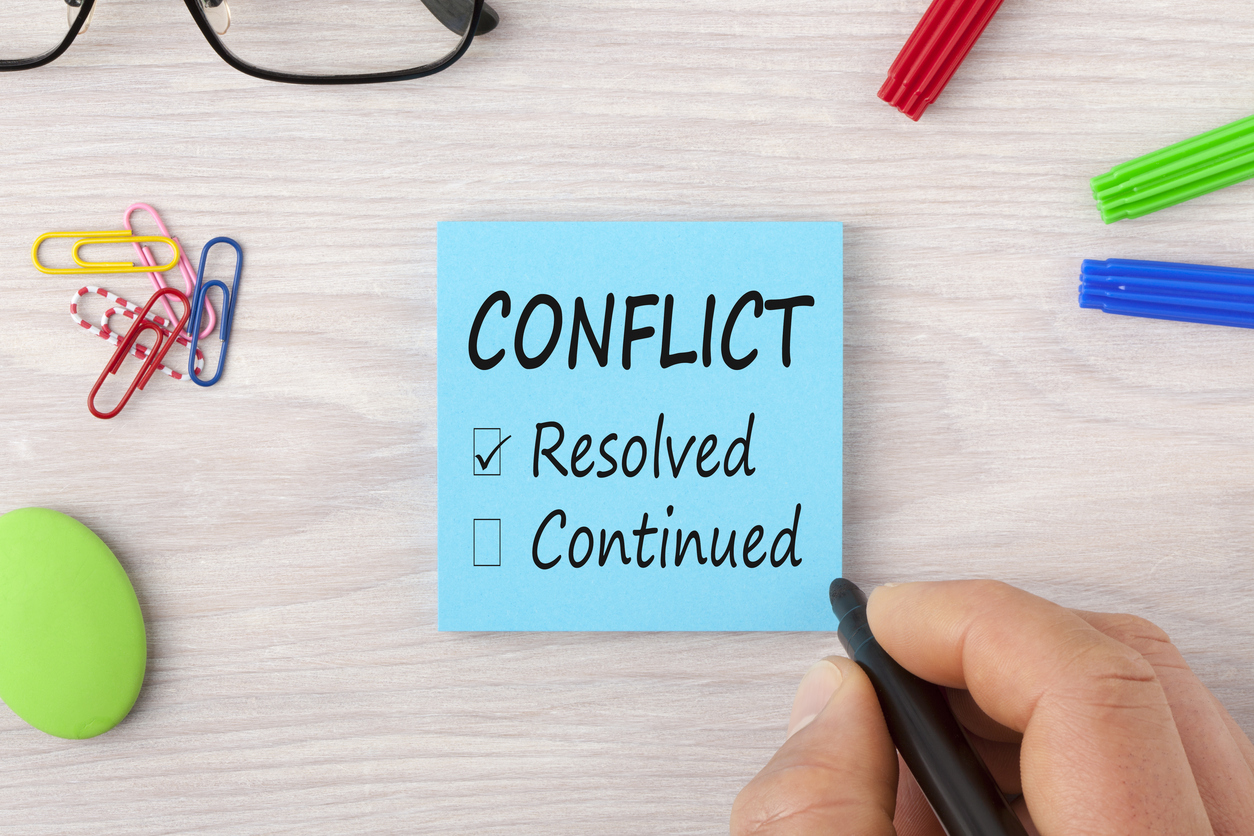Not everyone fully understands the benefits mediation can offer to those in a legal predicament. Often disallowing matters to become more heated and proceeding to court, mediation can be the perfect way to resolve legal disputes, in a calm manner. This month, we speak with Nicholas Pryor, who was one of the first to embrace mediation in the legal sphere. After being involved in 1,200 mediations, Nicholas states mediation is far from boring and discusses how and why this practice has progressed in the legal sector.
In recent years, mediation has proliferated as businesses have been educated on the benefits; how would you describe that proliferation and the impact on your practice?
Mediation first became visible in the UK in the early 90s. Since then, the number of mediations has grown exponentially. The Centre for Effective Dispute Resolution (CEDR) Mediation Audit reported over 10,000 civil and commercial mediations in 2016 (1800 in 2003). The growth of mediation has been strongly supported by the Courts who both encourage parties to mediate and penalise parties in costs for unreasonable refusal to mediate. Many businesses with frequent exposure to litigation have become regular users. Banks and insurers, in particular, were early adopters. My background in insurance made me one of the first to conduct insurance mediations and instructions in banking and insurance disputes to this day form a large part of my practice.
Do mediation methods differ significantly from one case to another, and from one country to the next? How complex can the process become in some cases?
In one sense, the method is much the same in every case. My role as mediator is to create and foster a process and an atmosphere in which the parties can reflect on their dispute and explore options for resolution. But every mediation is different and my methods will be tailored to the dispute and the parties involved. All mediations require the same need to listen to the parties carefully, and to drill down to the realities of the settlement options available to them.
The more I work overseas or with parties from overseas, the more I become aware that while the essence of the mediation process is much the same, there are innumerable cultural subtleties between and within different nationalities, all of which need to be factored into the process.
Mediations come in all shapes and sizes. The great majority of commercial disputes involve a handful of parties and last a single day. But some can involve multiple parties (my biggest had over 250 parties) and may take months to complete. My longest took 18 months to get to terms and another 6 months to document and complete the settlement.
What would you say are the necessary steps that can be taken in advance to optimize the chances of a successful process?
The key to success is adequate and appropriate preparation. Parties should talk to each other and the mediator as early as possible about how the issues could be presented, who should attend and what information needs to be available. Parties need realistic advice from their advisers as to their true prospects of success in litigation, and on what sorts of outcome are possible in the process. Mediations settle generally when everyone involved is prepared to look at the sort of proposal that might just have a realistic chance of being accepted.
What key challenges do you come across within your work in mediation, and how do you commonly confront them?
The key challenges facing mediators are maintaining confidentiality, avoiding bias and conflicts of interest and maintaining neutrality. Parties often say they want mediators who are ‘effective’, which is usually a euphemism for ‘assertive’. A balance must be struck between allowing parties space to create their own solutions and choosing when to intervene more assertively. I adopt a pragmatic view of all these issues. Confidentiality is the key element of the process and the ability to discuss a dispute with a neutral observer who is having similar discussions with the other parties is unique to mediation. Most disputes are capable of settlement and litigation is generally better avoided if possible. I am happy to discuss with parties exactly how that might be achieved. That is, though, not as easy as it sounds. Striking the balance between being a good listener and facilitator on one hand and taking a firm line when needed on the other is very much the core art of being a mediator. I just hope I get the balance right more often than not.
Is there a mediated dispute that you will always remember? What particular difficulties did it pose and how did you learn from these?
What almost always sticks in my mind are the people involved rather than the disputes. I have learned so much from people from all walks of life, from shopkeepers and self-employed plumbers to senior politicians and celebrities, all facing what were to them great personal, professional or commercial difficulties. I am constantly humbled by the raw courage of those who can find a way to reach out and make peace with their opponents, and the extraordinary acts of generosity and humanity that even those in deep dispute can show to each other. I have learned not to assume anything about people in advance, but to take them as they come. I have been privileged to have the chance to do something to help them find a way out.
You were involved in establishing CEDR; how would you say this contributed to your leadership in mediation?
CEDR grew out of the efforts of a small group of mediation enthusiasts over the period 1989 to 1992. At that time, I was one of only three or four people in the country who had any direct experience of mediation or acting as a mediator, and therefore one of the very few who could talk about the value of the process from concrete experience. I taught and wrote materials for training mediators from 1992 onwards. I was also a non-executive director of CEDR up to 1998. Being in at the start when very few were involved gave me invaluable visibility as a mediator both in the UK and overseas. I was one of the first mediators to be ranked in Chambers and Legal 500. True, there was less competition in those days, but I am quietly proud of having hung on to a top tier ranking ever since.
As one of Britain’s most experienced mediators, what regulatory changes would you make to the field of dispute resolution if you had the power?
I am often asked whether mediation should be made compulsory. It is quite hard to remember quite how different civil litigation was 25 years ago. Cases took years to come to court and very large numbers of cases went all the way through the system before collapsing into settlement at the door of the court. But that world has, thankfully, disappeared for ever. Mediation is no longer an untried ‘upstart newcomer’ but has now become an established part of the litigation landscape. We now have 25 years’ successful experience of mediation in practice. Many modern lawyers have never known a time when mediation was not part of the system. Mediation is readily adopted for cases of almost every type and size and scale. So, my view is that there is little need for or value in making mediation compulsory. The great majority of those cases that ought to settle do seem in fact to do so.
Is there anything else you would like to add?
The comment most frequently made to me by those I meet at mediations is how boring it must be listening to everyone’s problems. How wrong that view is, as even after 30 years and 1200 mediations, the process constantly surprises and engages me. I constantly meet new situations and problems and different circumstances. Every new case introduces some new challenge. Week after week, I meet interesting and engaging people from every walk of life. They pay me the great compliment of taking me into their confidence, and talking frankly about all manner of highly personal matters. It has always been a great privilege to be allowed inside other peoples’ lives and to help them in some small way get to resolution of difficult situations. Mediation can lead to some remarkable settlements and life as a mediator is very definitely not boring at all.




















